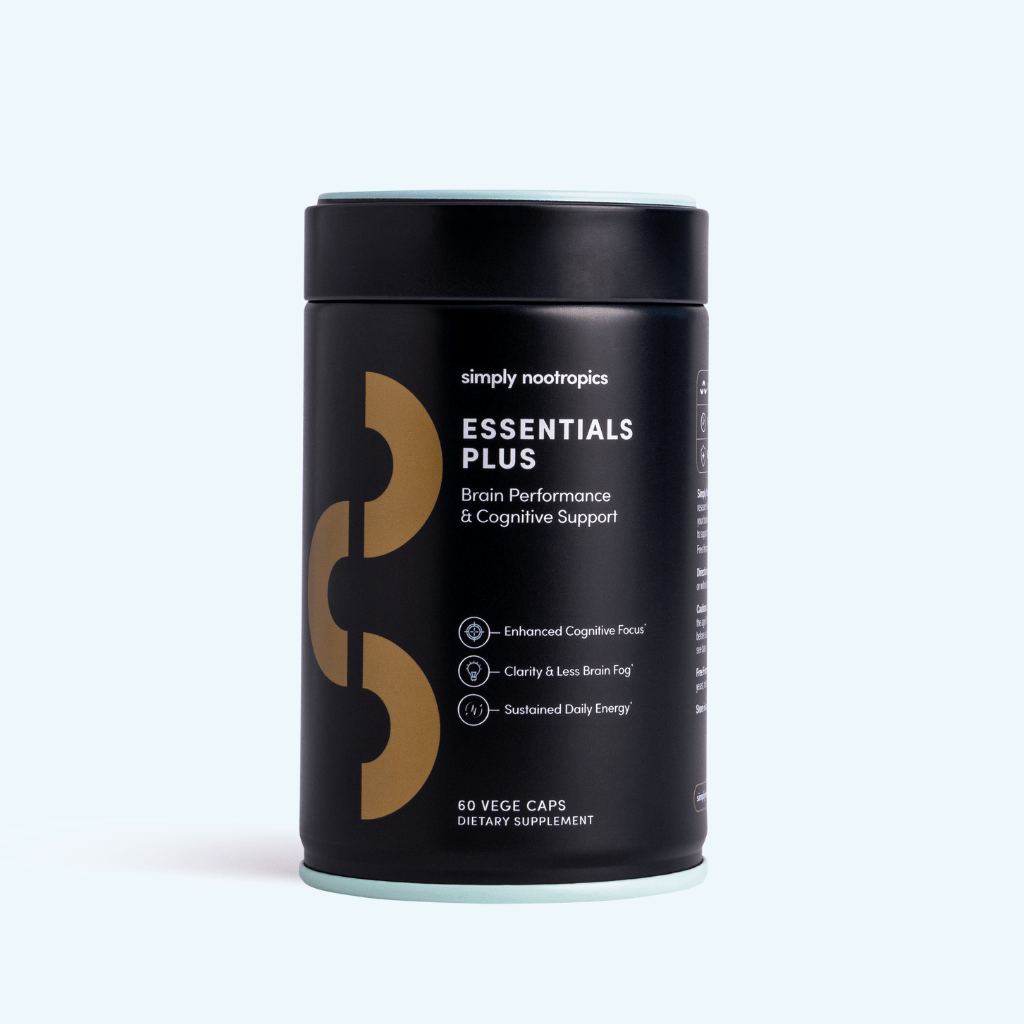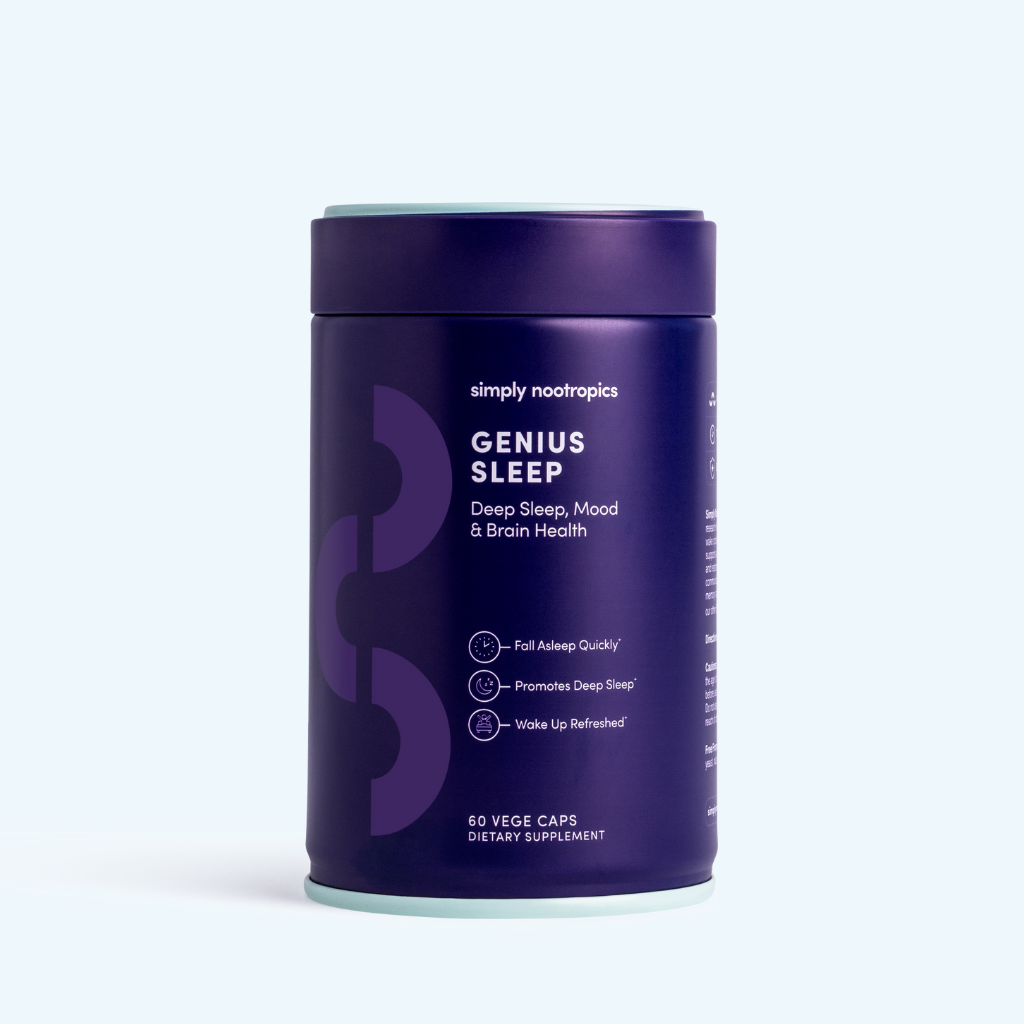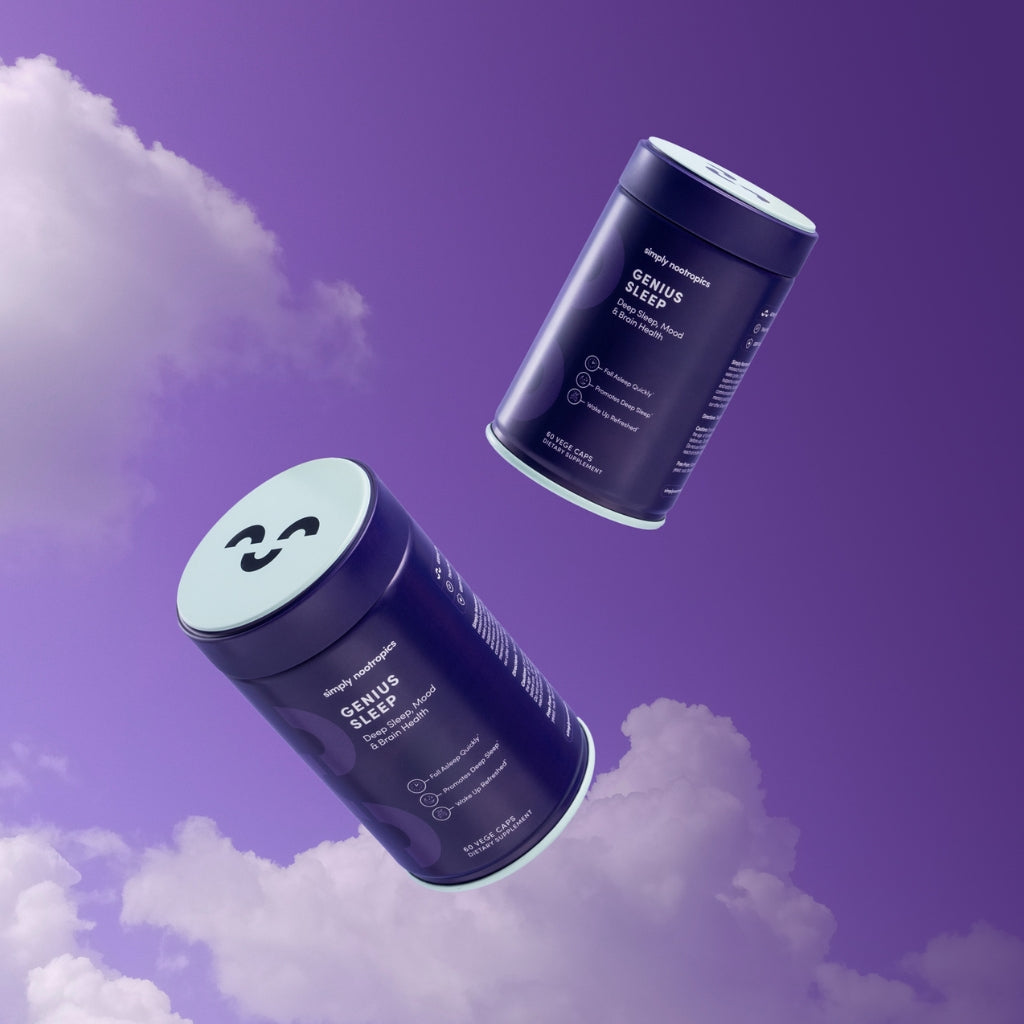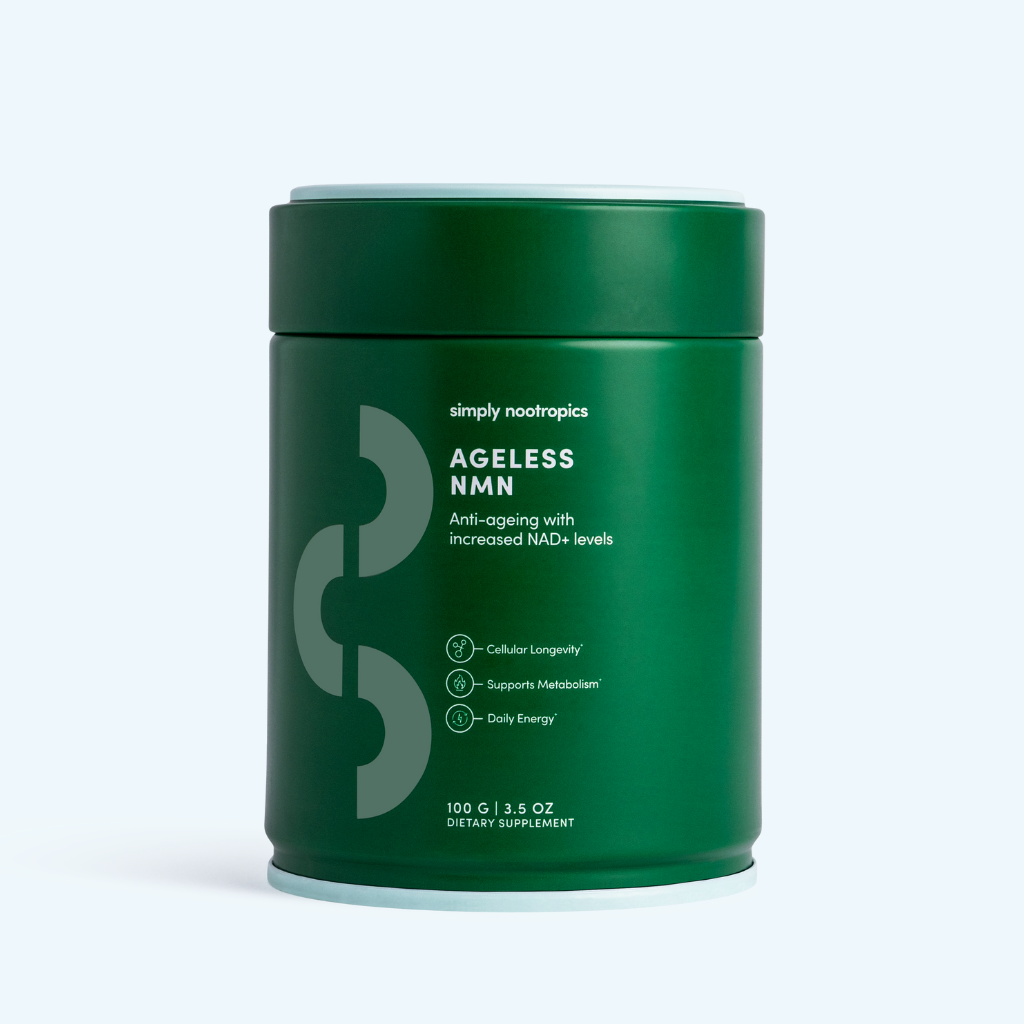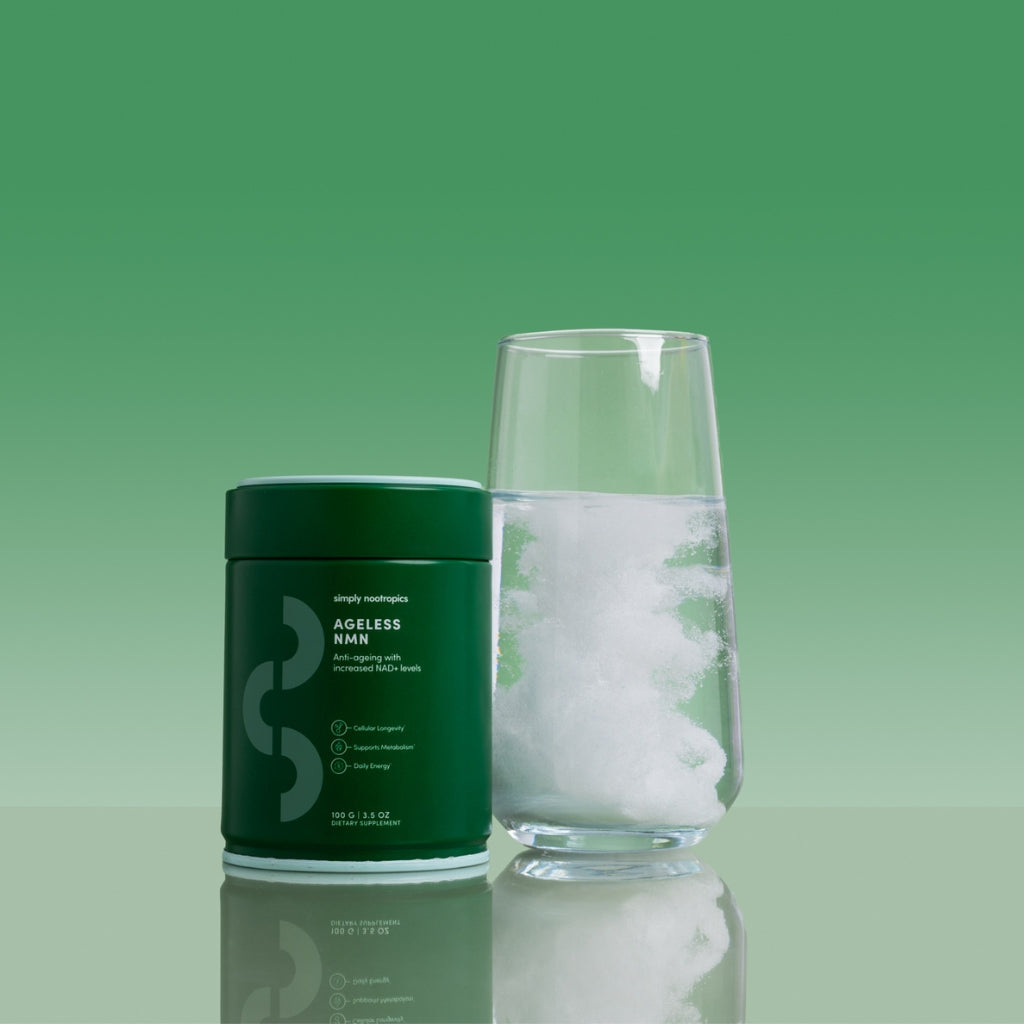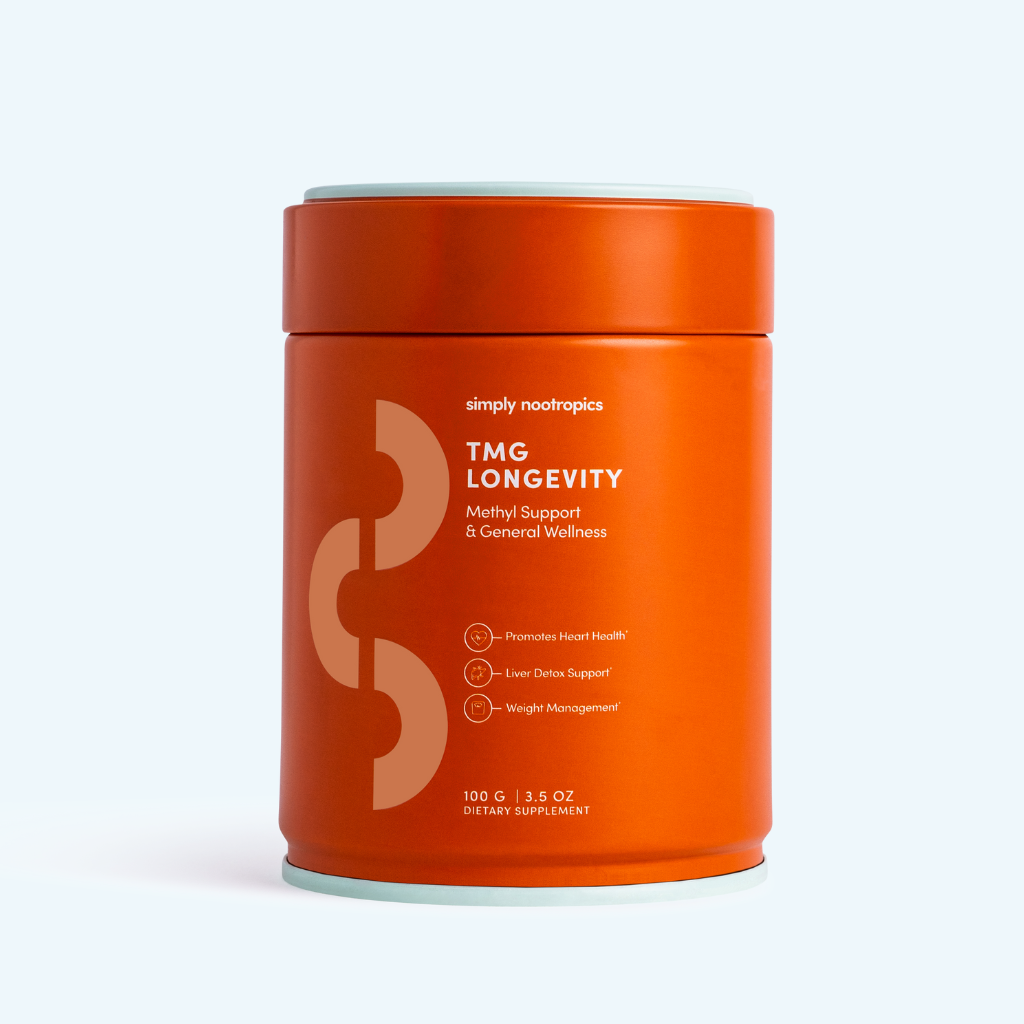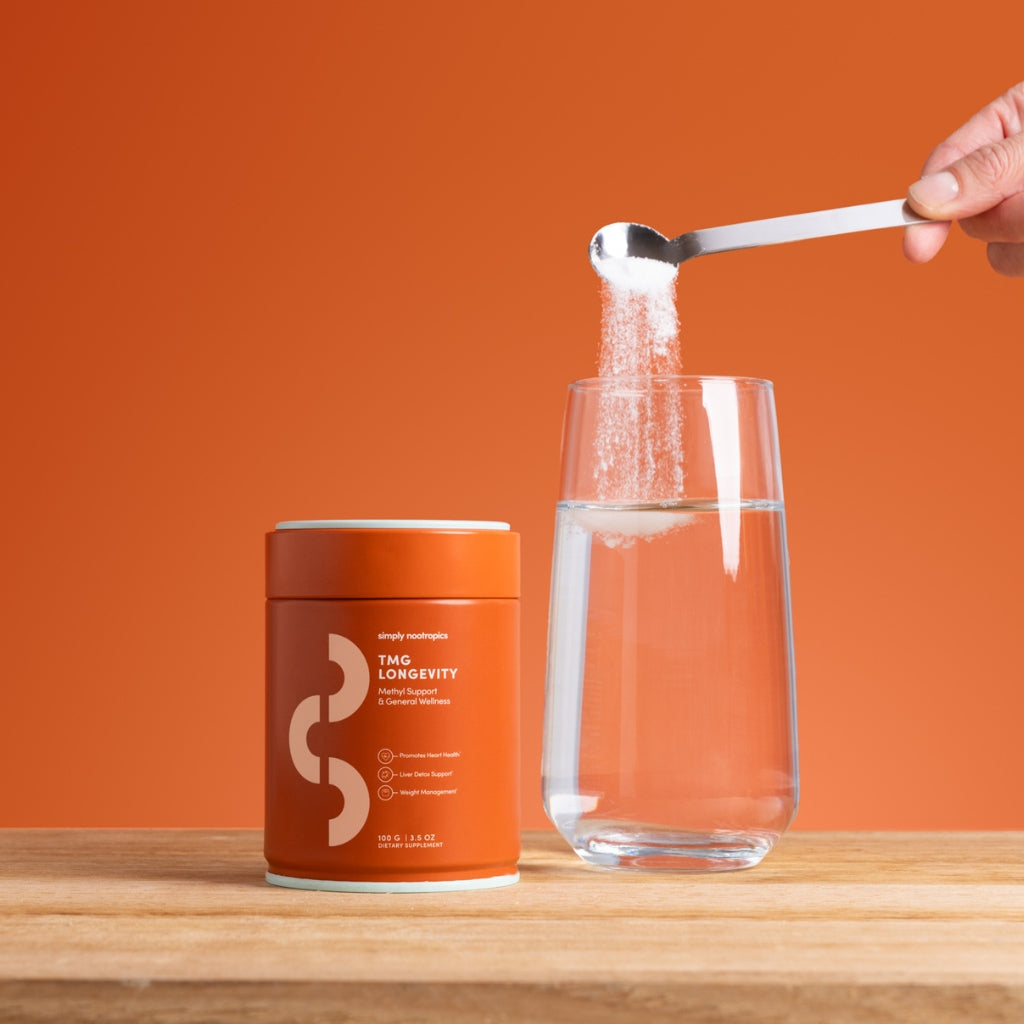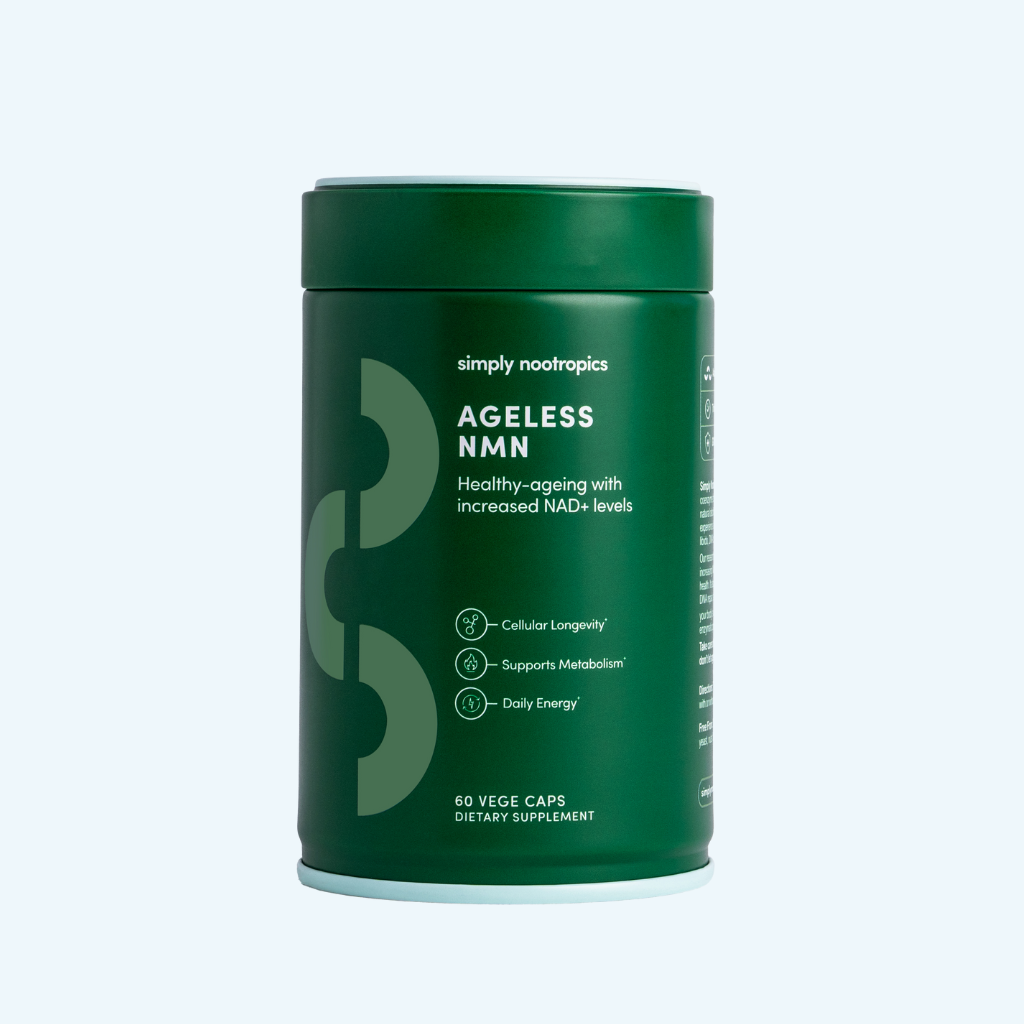Life in the 21st century is fast, noisy, and stressful. Sleep is shorter, work is more demanding, and the pressure to perform physically and mentally never really stops. Unsurprisingly, many people are looking for support beyond diet and exercise alone. That’s why adaptogens gained popularity, a group of herbs used for centuries in traditional systems like Ayurveda and now studied intensively for their ability to help the body adapt to stress.
And among all of them, one stands out: Ashwagandha (Withania somnifera). It’s not just another wellness trend. With hundreds of studies, systematic reviews, and meta-analyses published in recent years, natural Ashwagandha has earned a reputation as the most researched adaptogen in modern science, and is included in our Essentials Plus.
But what does that actually mean? Why does it matter to your sleep, stress, energy, or training goals? Let’s break it down.
What Makes Ashwagandha Different
Most adaptogens are studied in small, scattered trials. Ashwagandha is different. Over the past two decades, researchers have looked at it across a remarkable range of areas:
-
Sleep quality and insomnia
-
Stress and cortisol regulation
-
Anxiety and mental wellbeing
-
Sports performance and recovery
-
Muscle mass and body composition
-
Hormones like testosterone and fertility
-
Metabolic health, blood sugar, and cholesterol
-
Cognition and ageing
The sheer breadth is unmatched. When scientists design reviews to compare adaptogens, the best Ashwagandha is often the one with the most consistent human evidence.
The Science of Stress: Cortisol and the HPA Axis
One of the most reliable findings about natural Ashwagandha is its ability to regulate the HPA axis, the brain–adrenal connection that governs the stress response.
High, chronic cortisol levels are linked with anxiety, fatigue, poor sleep, and even metabolic issues. Multiple systematic reviews show that taking 250–500 mg of Ashwagandha daily for several weeks can lower morning cortisol levels in stressed adults.
What does that mean for you? Lower cortisol isn’t about “turning stress off.” It’s about regaining balance. People supplementing with Ashwagandha often report:
-
Feeling calmer under pressure
-
Better sleep onset and quality
-
More mental clarity during the day
In other words, the kind of stress resilience most people crave.
Sleep and Recovery: The GABA Connection
Sleep is one of the first things to suffer when life gets stressful. Here Ashwagandha’s benefits are also well supported.
Recent meta-analyses show that supplementing with the best Ashwagandha improves total sleep time, sleep efficiency, and mental alertness on waking, especially in people with insomnia.
Mechanistically, it works through the brain’s GABA system, the same network many sleep medications act on, but without the same risk of dependence. Ashwagandha’s active compounds bind to GABA receptors, increasing deep, restorative sleep phases.
For anyone struggling with restless nights, that’s a meaningful, natural option.
Athletic Performance and Recovery
Natural Ashwagandha isn’t just about sleep and stress: athletes and active individuals are paying attention, too.
Studies show benefits for:
-
VO₂ max (aerobic capacity): improvements in hockey players, cyclists, and recreational exercisers.
-
Strength and power: increased one-rep max in squats and bench press.
-
Recovery: reduced muscle fatigue and higher perceived recovery scores.
-
Body composition: more lean muscle and less fat mass when combined with strength training.
The proposed mechanisms are both direct and indirect: better hormone balance (testosterone, cortisol), improved sleep and recovery, and anti-inflammatory effects at the cellular level.
For weekend warriors and professionals alike, that’s a rare combination.
Hormones, Fertility, and Vitality
Ashwagandha’s effect on hormones is another reason researchers keep studying it. Trials show that the best Ashwagandha can:
-
Increase testosterone in men, particularly those engaged in resistance training.
-
Improve sperm count, motility, and fertility outcomes.
-
Enhance sexual wellbeing and function in both men and women.
Not every study shows dramatic changes, and results vary, but the direction is consistently positive. And because sleep and stress themselves influence hormones, Ashwagandha’s multi-layered benefits may overlap.
Cognition, Focus, and Ageing
Cognitive function is a major concern in ageing, but also in everyday work life. Several studies show that the best Ashwagandha supplementation can improve:
-
Attention and processing speed
-
Working memory and recall
-
Cognitive flexibility and executive function
There’s also early evidence it may support resilience against oxidative stress in the brain, one of the hallmarks of cognitive decline. While more research is needed, the data so far is promising for both ageing adults and those juggling high-pressure, mentally demanding work.
Metabolic Health and Inflammation
Ashwagandha has shown potential benefits in areas that affect long-term wellbeing, including:
-
Blood sugar regulation: improvements in fasting glucose and HbA1c.
-
Cholesterol and lipids: lower LDL and total cholesterol.
-
Weight management: support for reduced body fat and food cravings under stress.
Its antioxidant and anti-inflammatory activity is considered a key reason behind these effects. Although large-scale clinical trials are still limited, early results point to a useful role in metabolic health strategies.
Safety and Tolerability
For all its benefits, safety is crucial. Most clinical trials using 300–600 mg daily for 8–12 weeks report no serious adverse events. Mild effects like drowsiness or digestive discomfort sometimes appear, but often at the same rate as placebo.
There are a few rare reports of liver injury, but these are not consistent with the majority of clinical data. As with any supplement, quality and sourcing matter. Overall, the best Ashwagandha is considered safe for most healthy adults when used as directed.
Why This Research Matters for You
So, what does all this science mean outside the lab?
It means that natural Ashwagandha isn’t hype, it’s one of the best adaptogens with a strong evidence base across multiple aspects of health:
-
Calmer stress responses
-
Deeper sleep
-
Sharper focus
-
Better recovery from exercise
-
Support for hormonal balance and vitality
And importantly, these benefits aren’t isolated. They interact. Better sleep supports better training; lower cortisol helps maintain healthier metabolic function; improved focus reduces the sense of fatigue.
Bringing It Into Your Routine
The key takeaway from all the research is consistency. Benefits tend to appear after several weeks of regular supplementation, especially at doses of 200–600 mg.
That’s why Ashwagandha is a core ingredient in Essentials Plus: it’s one of the most proven adaptogens for stress, energy, focus, and recovery. But it’s not working alone: Essentials Plus brings together a carefully balanced blend of nootropics and adaptogens, including Lion’s Mane, Rhodiola, Panax Ginseng, and Brahmi, alongside L-Theanine, CDP Choline, and Enzogenol (New Zealand Pine Bark). Together, these compounds do more than fight stress: they sharpen focus, stabilise energy, and support long-term cognitive health.



